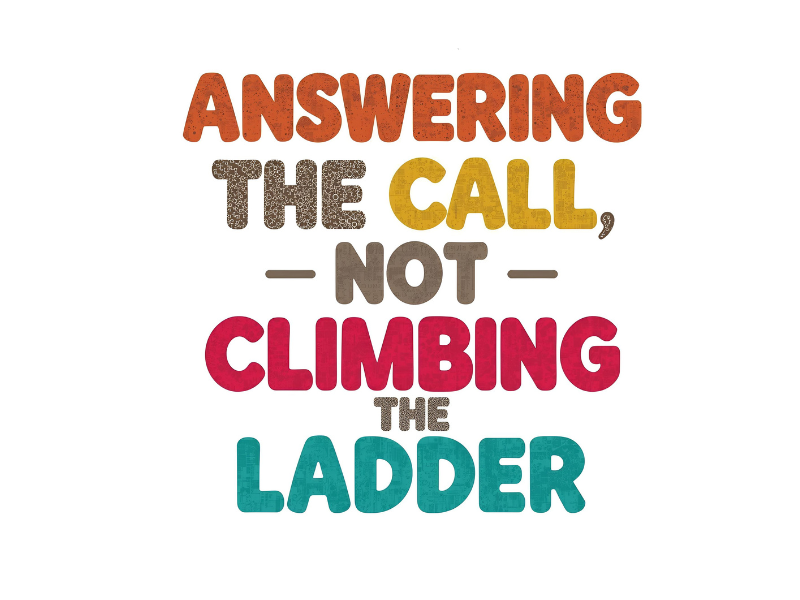Finding the Fit: Making the Match
Being a search consultant often means working both sides of the same street: finding the best candidate for the school and finding the best fit for the candidate. It should be obvious that a school can be a wonderful place without its being right for a certain candidate; and the corollary is equally true, that a wonderful candidate may not be right for even the most tantalizing job opportunity.
Our job, then, as search consultants, is like that of the old-fashioned marriage broker, trying to bring about the optimal match. Sometimes it works perfectly: the search committee and the search consultant agree on the best person for the job. Sometimes, it doesn’t: we believe Candidate X is the right person, but the committee favors Y. We can protest, but ultimately it’s the school’s choice, not ours.
What prompts my musing on this subject is a sentence I recently wrote to a candidate who apologized for his frequent questions as he sorts through several searches at once. “While we get paid to help schools, our equally deep interest is in helping individuals find the right school for them.” This is, after all, an intensely personal business and people are at the heart of it, whether they are search committee members or candidates. I believe, and my RG175 colleagues concur, that our greatest service is getting to know both the schools we serve and the candidates we present as well and as deeply as possible.
That’s why we spend days on a school’s campus, labor over position statements to make certain they capture the essence of a school, spend an hour (or more) on an initial phone or Zoom call with each plausible candidate for a given job, invite potential candidates to share their draft cover letters and resumes with us to see if we can help them with their presentations, and talk to candidates over and over again as they try to find their way through the job search thicket.
Our take-away, more often than not, is not so much about what’s in a candidate’s c.v. but about the candidate’s so-called “soft skills.” How good a listener is this person? How available will this person be? Will this person get to know the faculty and staff in a warm and personal way? How credible will this person be in serving as spokesperson or speaking at admissions open houses? How well will this person relate to the kinds of parents in a particular school? Will this person be flexible? Can this candidate roll with the punches? How good will this person be at hiring and building a team? These are all aspects of school leadership that neither a transcript nor a resume will tell you. Only by really getting to know the people we serve–both the candidates and the schools–can we meet the needs of both. That is our commitment.







0 Comments